
Brain Found to Simultaneously Process Linguistic and Extralinguistic Information
An international team of scientists from the UK, Spain, Denmark and Russia (including researchers from the HSE Institute for Cognitive Neuroscience) conducted an experiment demonstrating that people automatically integrate extralinguistic information into grammatical processing during verbal communication. The study findings were published in the Scientific Reports Journal.
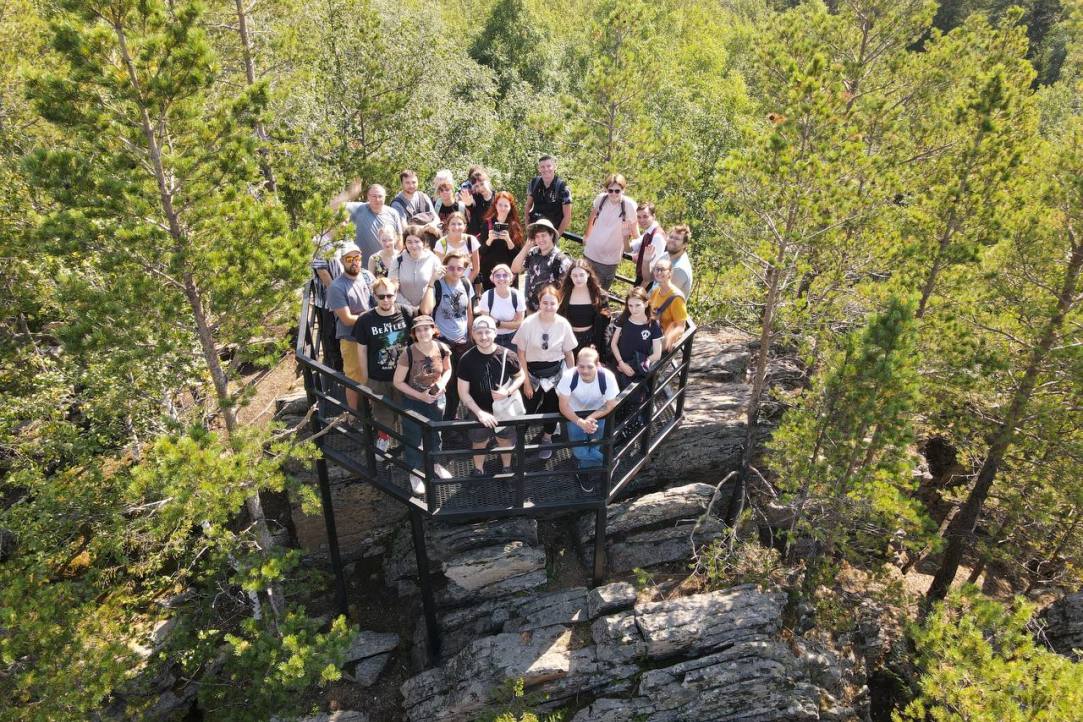
HSE Students Explore Environmental Problems at Summer School in South Urals
The summer school 'Space in/for Environmental Humanities: Reconsidering the Global through Studying Peripheries' explored the impact of human activity on natural environments and their transformation. It was co-organised by the School of Environmental and Social Studies (Anthroposchool) at the University of Tyumen (TSU) and the HSE Poletayev Institute for Theoretical and Historical Studies in the Humanities (IGITI), with support from the Mirror Labs programme of HSE University.

AI Worse at Recognizing Images than Humans
Researchers from HSE University and Moscow Polytechnic University have discovered that AI models are unable to represent features of human vision due to a lack of tight coupling with the respective physiology, so they are worse at recognizing images. The results of the study were published in the Proceedings of the Seventh International Congress on Information and Communication Technology.
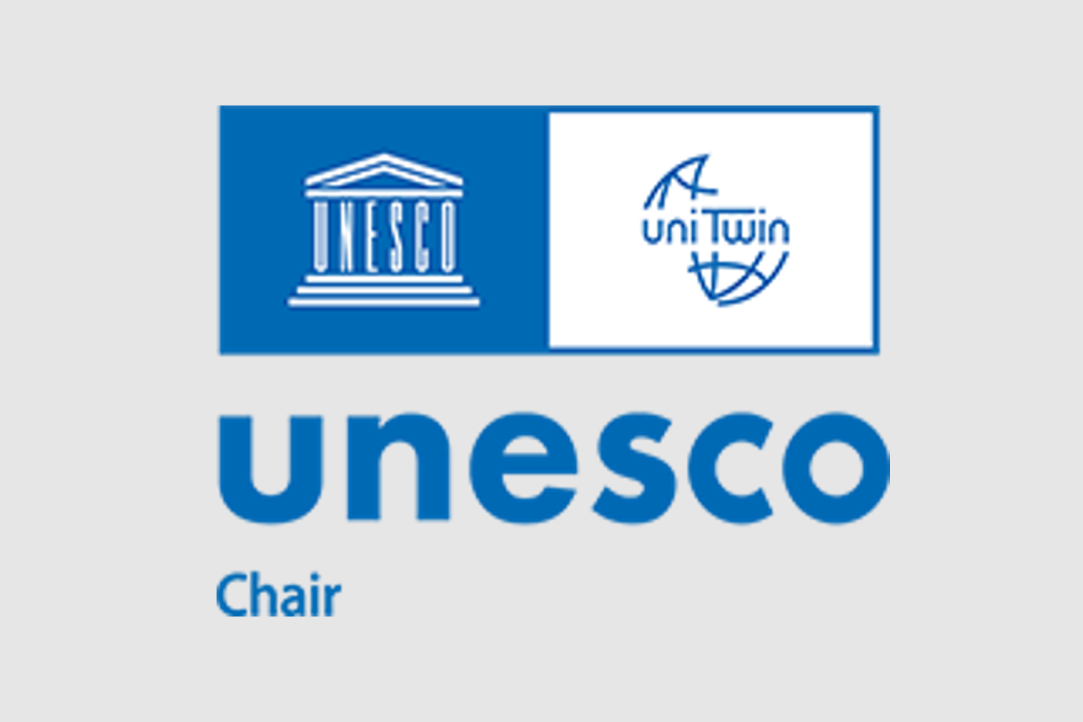
UNESCO Chair on Future Studies Opens at HSE University
In 2022, a HSE University department joined the ranks of UNESCO Futures Literacy Chairs. This builds on the work of the ISSEK International Research and Educational Foresight Centre, and the activity of the Human Capital Multidisciplinary Research Centre. Professor Alexander Sokolov, head of the new department, Director of the International Research and Educational Foresight Centre, and Deputy Director of HSE ISSEK, spoke about the establishment, aims and objectives of the UNESCO Chair on Future Studies.
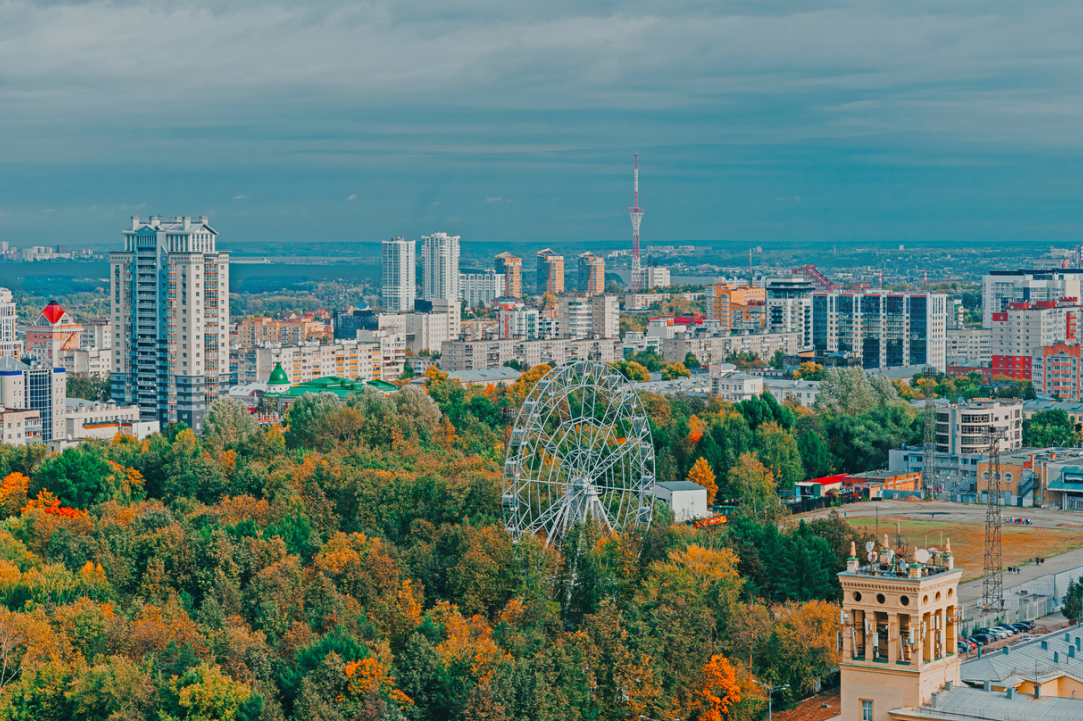
HSE University in Perm: The Upcoming Anniversary
On September 12, 1997, HSE University in Perm was established by decree of the Government of the Russian Federation. A year later, the university enrolled its first students.
.png)
‘I Believe that an HSE University Graduate Can Do Anything’
In IT, you can never stop, even to validate your new skills with new certificates and degrees. This is the path taken by Konstantin Zamkov, who holds bachelor’s and master’s degrees from the HSE Business Informatics programme and now works as director of project management at VTB. In this interview with SB, he explains how to manage IT projects, why IT specialists need knowledge of finance and what VTB is doing to develop unique software.
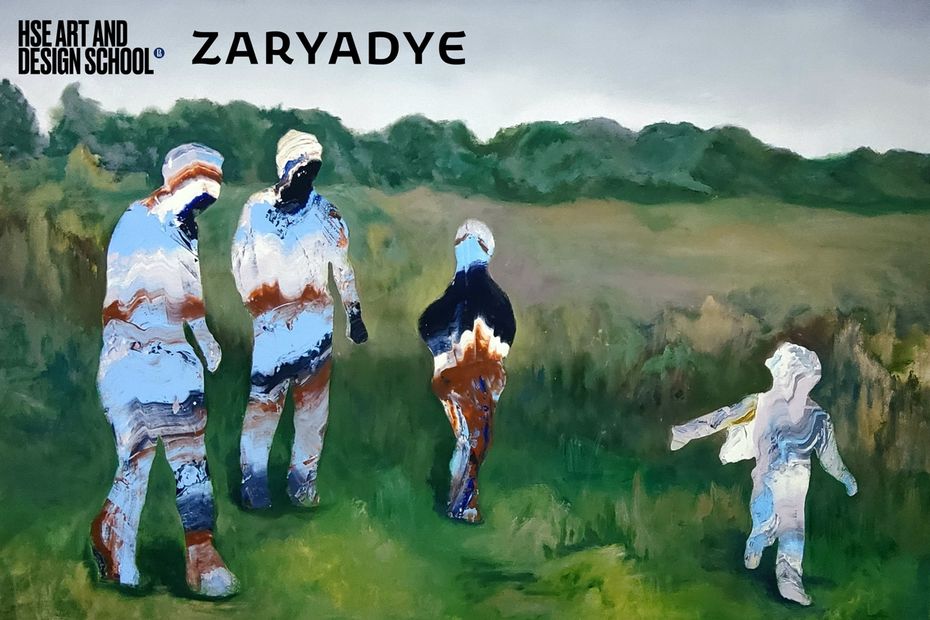
‘Let's See the Career Start of Those Who Will Become Stars of the Russian Art World’
On September 9th, the Zaryadye Park Media Center and Underground Museum opened an exhibition of graduates from Moscow art universities ‘GRADUATION'22’. Graduates of HSE Art and Design School are taking part in the event. The grand opening of the exhibition was timed to coincide with the park’s first anniversary.

‘After a Year of Studying Here, I Can Say that HSE is a Free and Modern University’
Applications are underway for the HSE International Olympiad (HSE INTO), which is now available in Russian, English, and French. Winners of this competition can study at HSE University for free. The registration deadline is September 30th, 2022. The HSE News Service talked to some HSE University students who won admission as part of the Olympiad about their experiences.

‘The Potential of Computer Vision Technologies is Hard to Overestimate’
Admission to Russia's first Master of Computer Vision online programme at HSE University has been extended until 20th September. The programme will be delivered entirely in English and has been developed by HSE researchers and leading experts from Huawei, Itseez3D, Intel, Harman, and Xperience.ai, who are all involved in cutting-edge research in the field of computer vision.
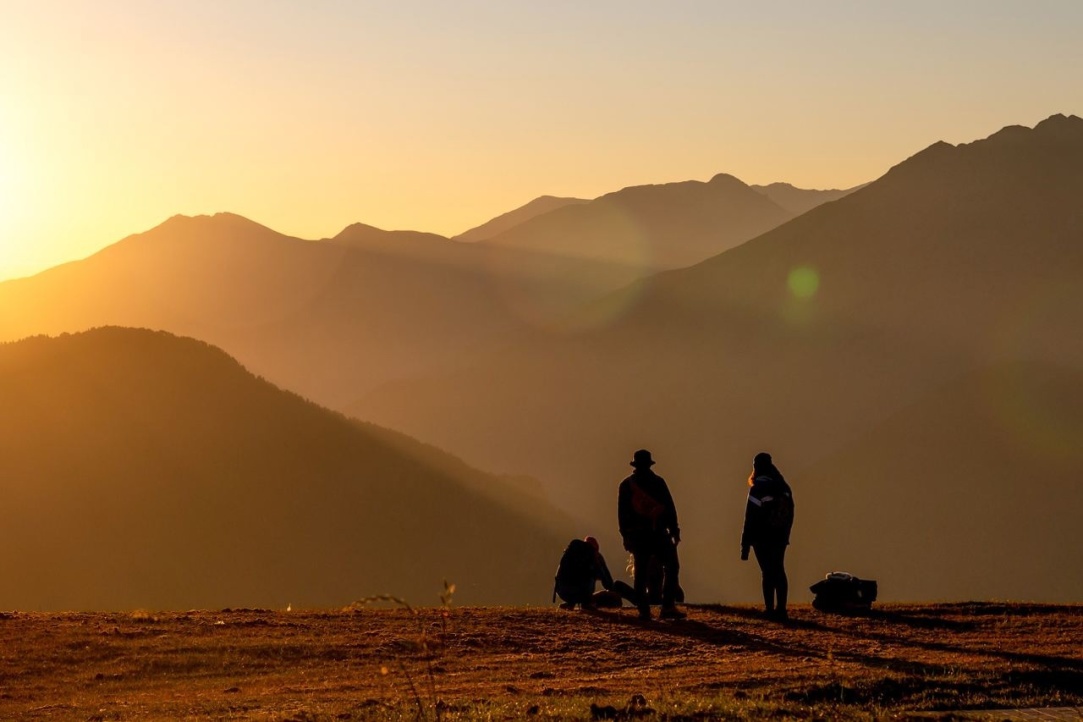
HSE University and Northern Caucasus Resorts Open Registration for ‘Rediscovering Russia’ Expeditions
HSE University together with Northern Caucasus Resorts with the support of the ‘Russia – Land of Opportunity’ platform have launched a series of research and practical expeditions in the North Caucasus as part of the All-Russian project ‘Rediscovering Russia’. They aim to attract young researchers to find solutions to some of the urgent problems hindering the region’s economic development.

